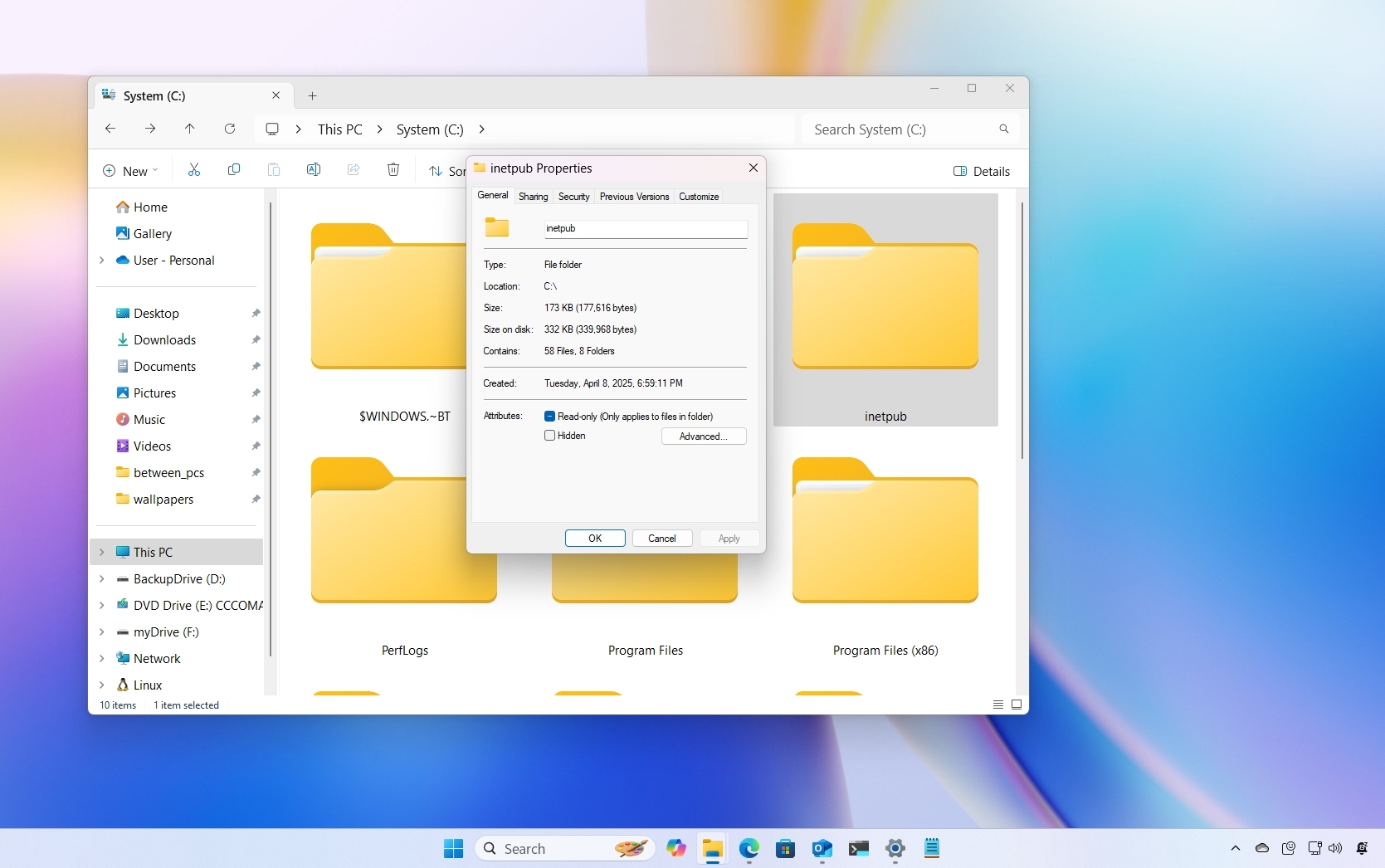Pros and cons of buying a budget laptop
Budget laptops have come a long way in the last few years, but there are still some things to consider when buying.
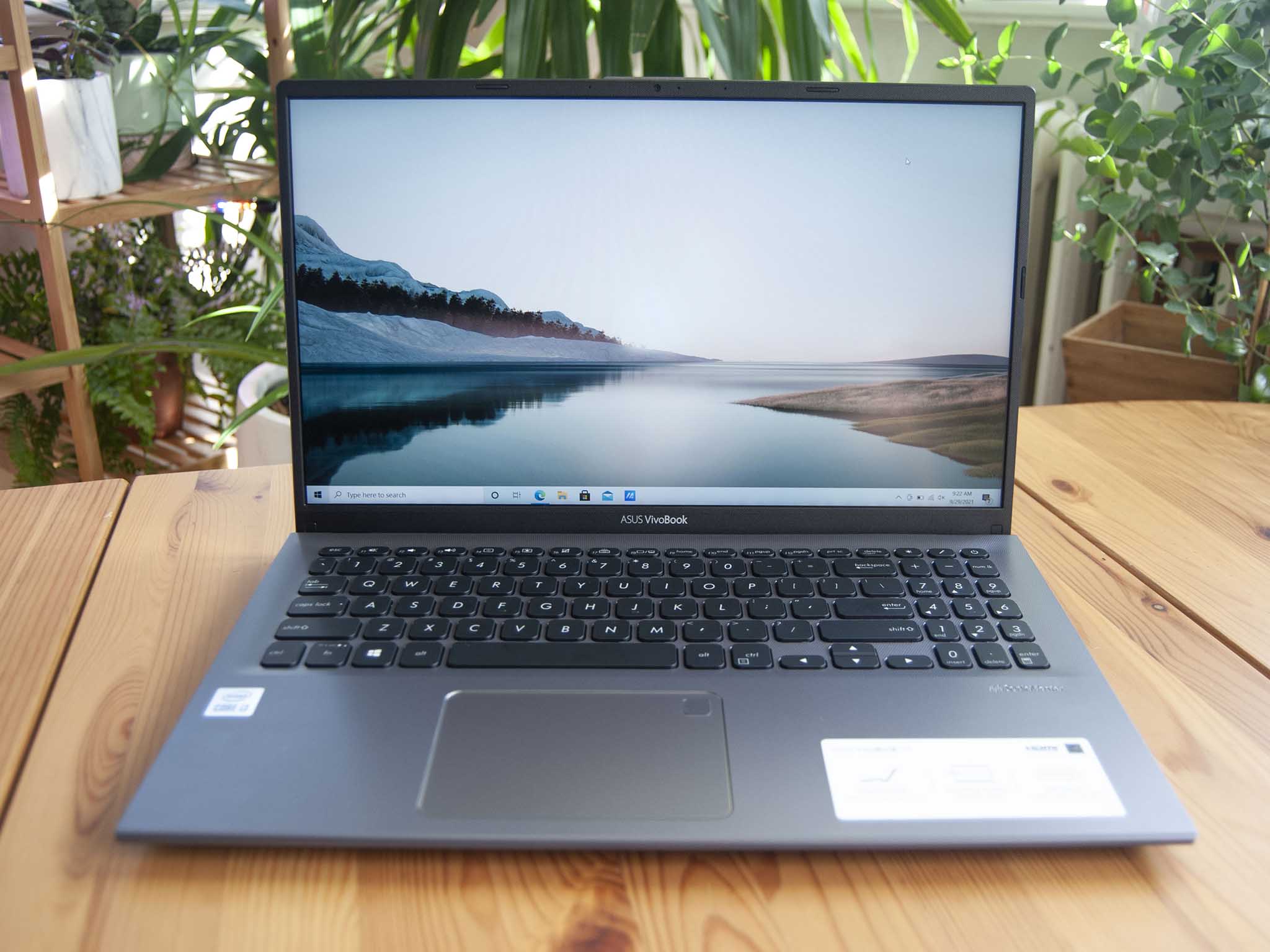
Buying a budget Windows laptop is a different experience now than just a few years ago. Many of the major laptop manufacturers have significantly improved their affordable PCs to complement the premium (and expensive) hardware, and there are plenty of smaller manufacturers offering laptops in the $300 to $500 range. Despite budget laptops looking a lot more attractive these days, there are still some important pros and cons to make note of before buying. We lay them out right here.
Pro: You won’t spend as much money
Why you can trust Windows Central
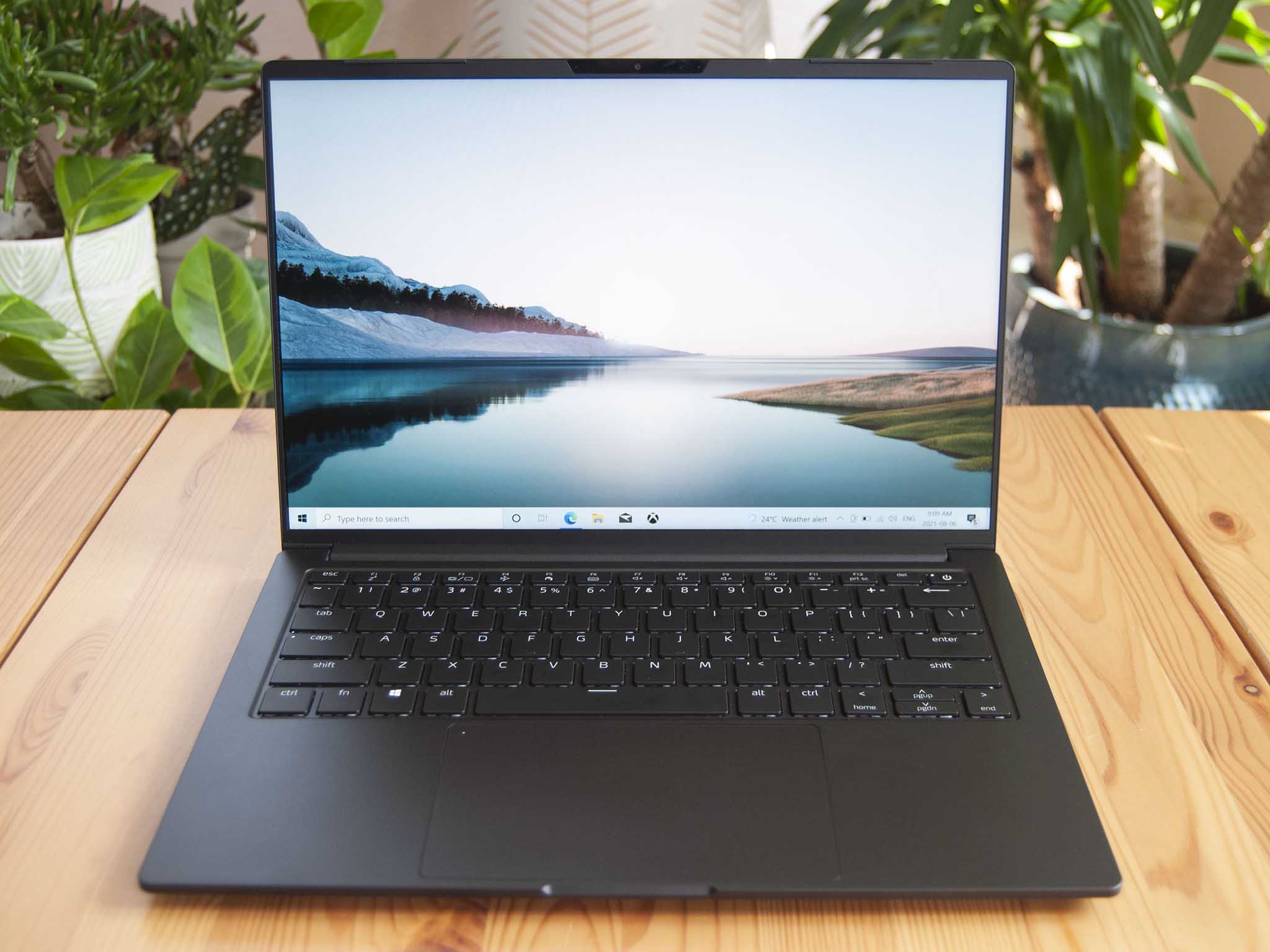
This one is obvious, but it’s still worth expanding on a bit more. Even the best budget laptops often cost a fraction of the price of new premium laptops, potentially leaving you with some extra dough leftover for new accessories or software to help cover any blind spots the laptop might have. Not enough ports for your workflow? Add a powerful Thunderbolt docking station. Don’t like using a touchpad all day? Pick up a nice wireless mouse.
Not having a huge bill to pay all at once also means you won’t be as tempted to try out financing options, which will end up costing you more money as you pay interest.
Con: You might have to upgrade again sooner
Budget laptops often don’t come with all the same high-end bells and whistles as their premium counterparts. For many people that’s just fine, but others could arrive at a point in time where they absolutely need a specific add-on that the laptop doesn’t have. In that case, you might find yourself buying again sooner rather than later, which sort of defeats the purpose of buying a budget PC.
When buying any laptop, it’s always a good idea to set out your anticipated workflow for the next few years. Will you need a 1080p camera to handle frequent video conferencing? That can always be handled with an add-on camera, but carrying it around with you can be a nuisance. Will you need a discrete GPU to help run specific software or games? That’s harder to fix without buying new again.
Pro: Budget laptops still use modern processors
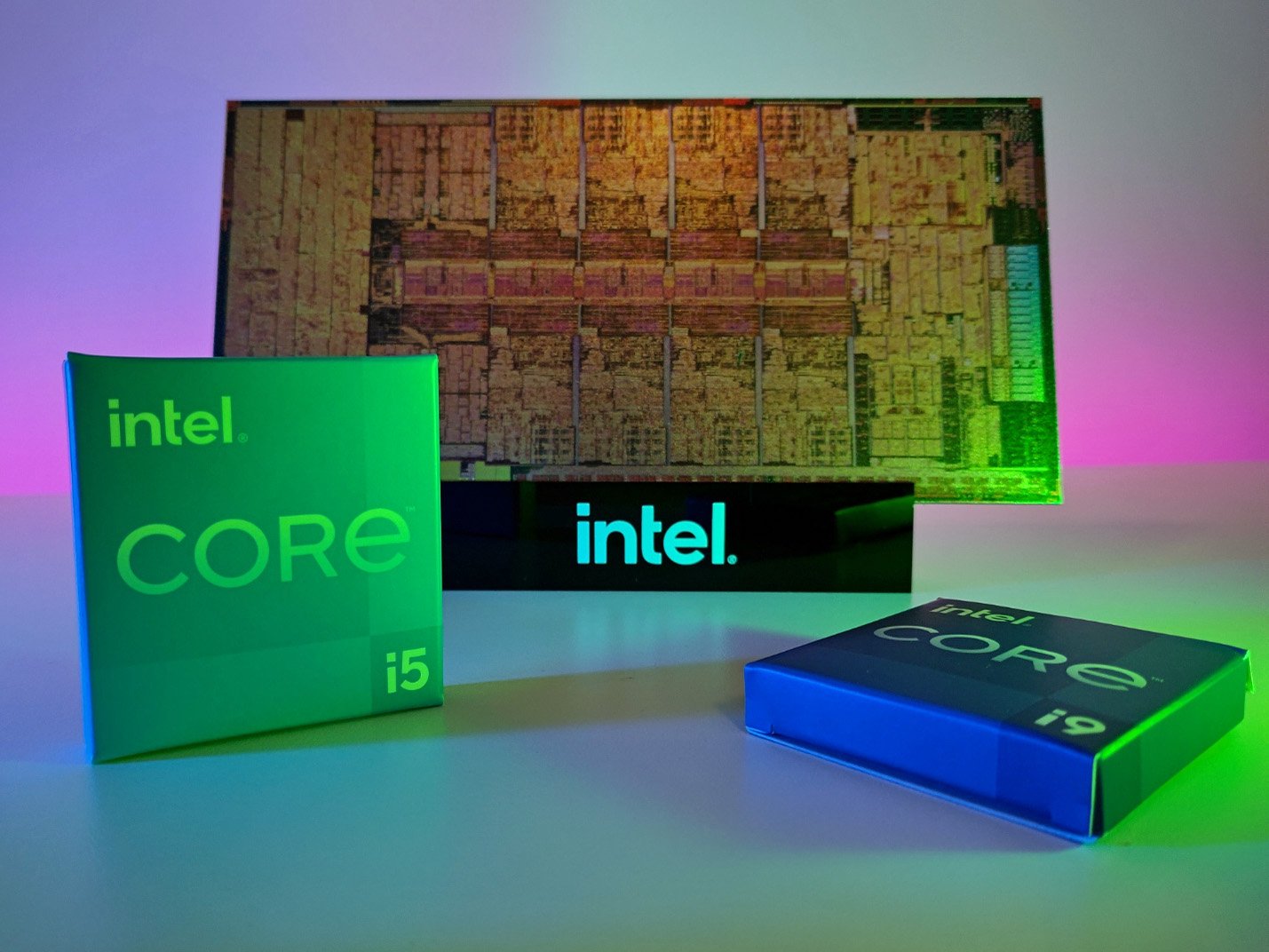
Laptop manufacturers refresh their lineups on a regular basis, and just because you go with a budget option doesn’t mean you won’t get a modern processor. Plenty of affordable PCs are stocked with 12th Gen Intel Core or AMD Ryzen 5000 and 6000 chips that put out enough power to easily handle productivity work, heavy web browsing, spreadsheets, photo editing, and more.
Con: Budget laptops often struggle with gaming or specialized work
Many budget laptops come with modern CPUs, but they’ll often lack a discrete GPU to help with gaming or specialized software. There are certainly a lot of great budget gaming laptops out there that do have the extra GPU, but your standard affordable laptops will forego anything dedicated and instead rely on integrated graphics. This is often enough to enjoy light indie games, but don’t buy a budget laptop and expect it to run Red Dead Redemption 2. Similarly, don't expect to run something like AutoCAD on a cheap PC.
Pro: You can usually upgrade some hardware after purchase
Budget laptops often don’t have as much of a focus on being as compact as possible compared to their premium counterparts, and that usually translates to easier DIY upgrades. More space inside the chassis means more opportunities for SSD and memory swaps later in the laptop’s life, helping it keep running longer.
Not all budget laptops have upgradeable hardware, so it’s important to check before buying. If the laptop in question is upgradeable, you can always opt at checkout for a better processor while saving some money on less RAM and less storage space. Wait for a sale on upgrade parts and be happy you saved even more money.
Con: Budget laptops aren’t usually as thin and sleek
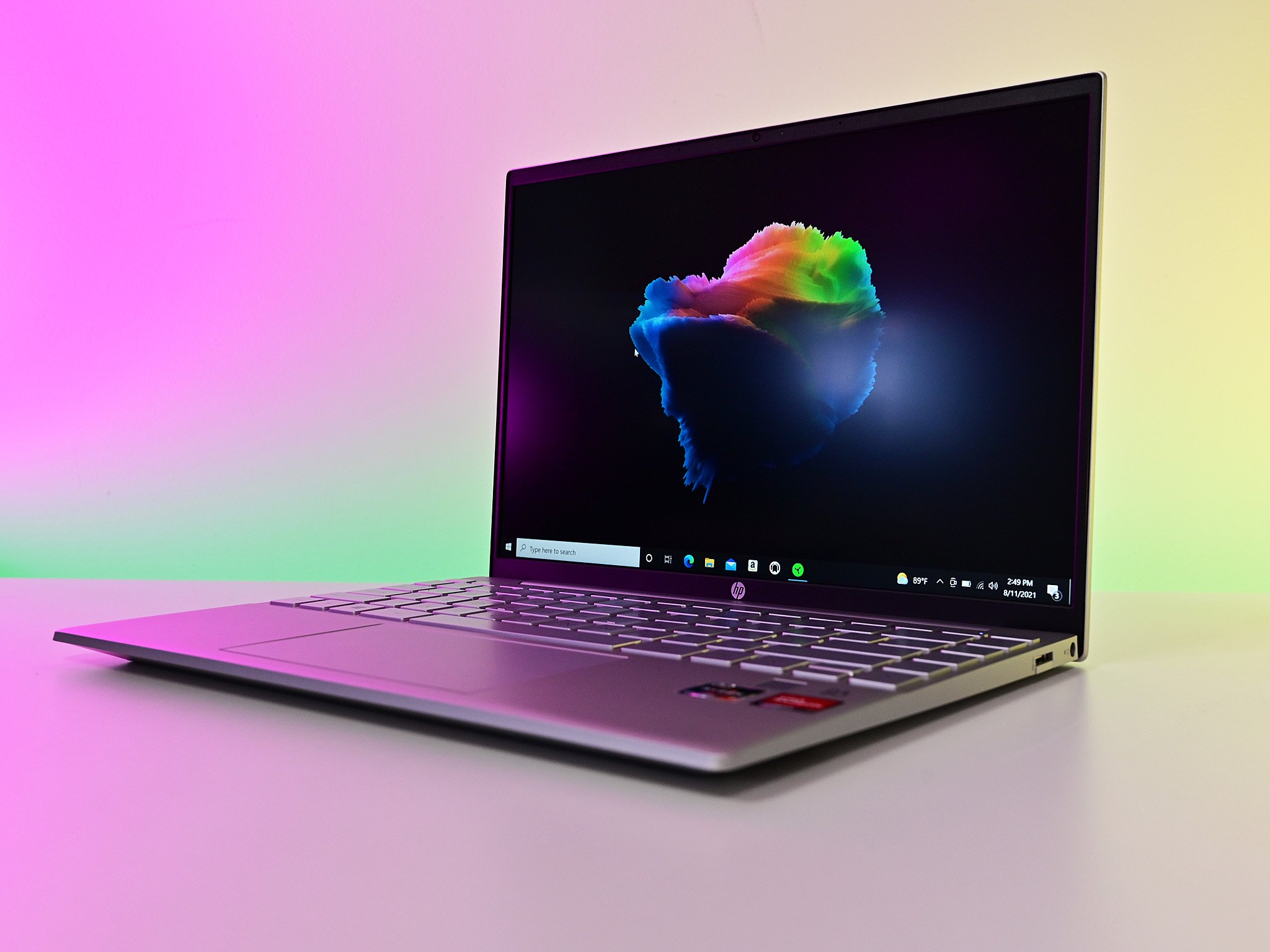
The main reason so many premium laptops don’t have upgradeable hardware is due to their compact size. A lot of PC hardware has to fit inside a thin body, and it’s much easier for manufacturers to incorporate everything into the motherboard (or otherwise have it covered up by other non-removable parts). This makes for an attractive look, but the cult of thin isn’t an absolute necessity.
Budget laptops don’t as often have quite the same focus on thinning things down as far as possible. There are exceptions, like the HP Pavilion Aero 13, but in most cases there will be more room inside for accessible M.2 SSD and SODIMM RAM slots.
Pro: You’ll still get a warranty to cover your purchase
Buying a used or refurbished laptop often means you won’t get to enjoy a worry-free warranty period with your new PC. If you instead decide to buy a new budget laptop, chances are you’re going to still get some coverage for your purchase.
Each laptop manufacturer has its own warranty period and set of rules for its new laptops, and these generally extend to budget laptops as well. This should help set your mind at ease if you’re worried about buying a used lemon.
Con: A high-res display will be harder to find
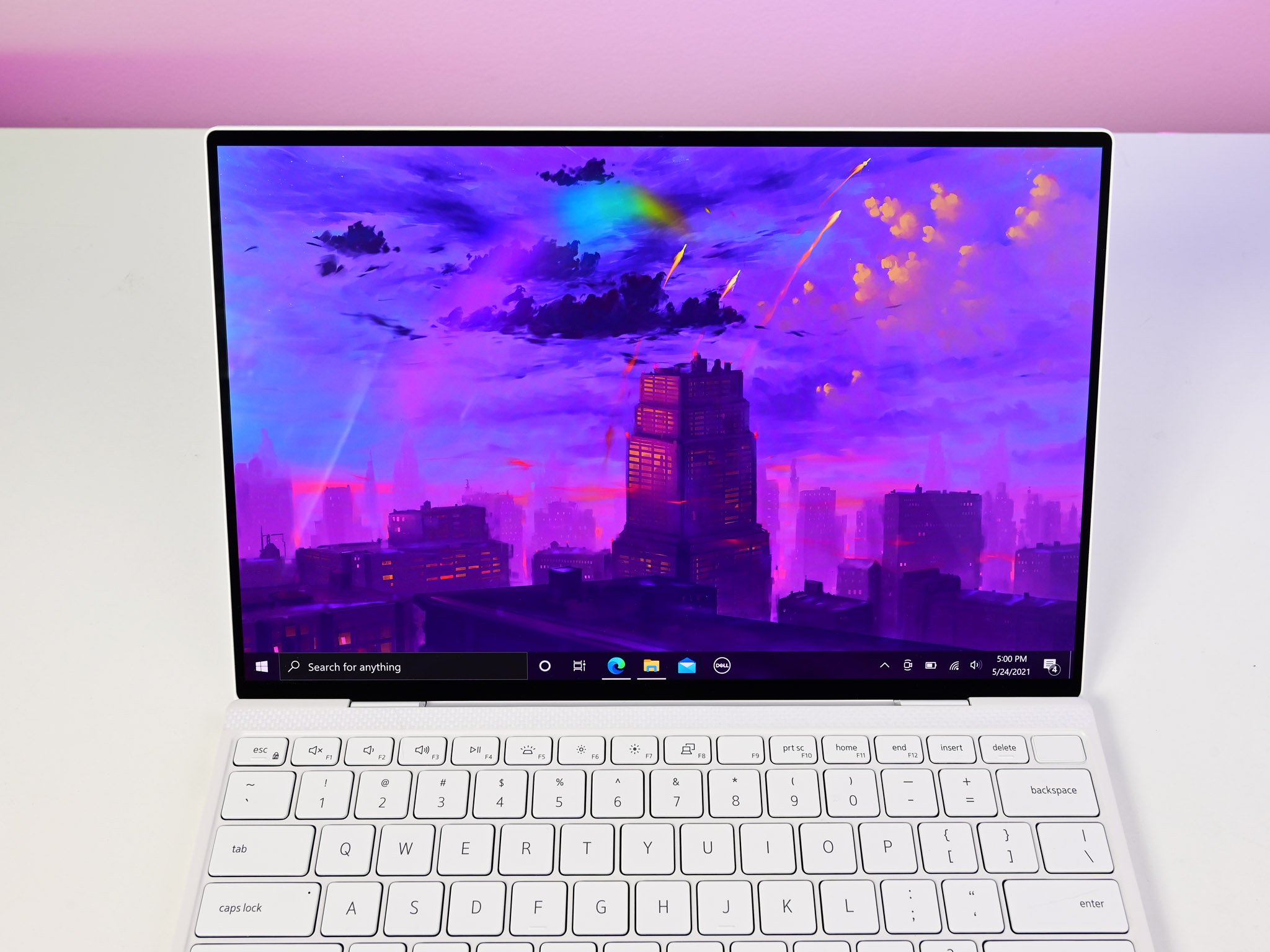
Part of the appeal of a premium laptop is that it generally comes with a bunch of different high-res display options. Jumping up to QHD+ or UHD+ (or a tweaked resolution like 2.8K or 3K) makes a huge difference, but it also adds quite a bit to the total at checkout.
Buying a budget laptop usually means you'll be looking at an FHD or FHD+ resolution. You will still find some laptops with a 720p (HD) screen, but I'd recommend not going any lower than 1080p. That's still a rather crisp resolution, and if you can find something with accurate sRGB coverage and deep contrast you'll be much happier.
Get the Windows Central Newsletter
All the latest news, reviews, and guides for Windows and Xbox diehards.

Cale Hunt brings to Windows Central more than eight years of experience writing about laptops, PCs, accessories, games, and beyond. If it runs Windows or in some way complements the hardware, there’s a good chance he knows about it, has written about it, or is already busy testing it.
